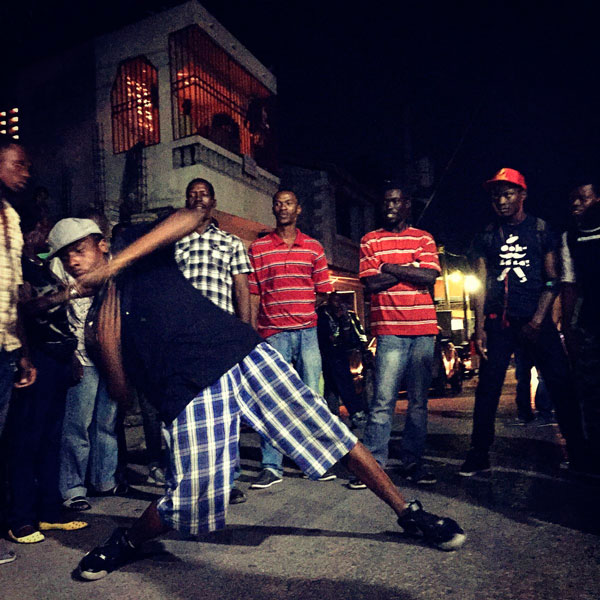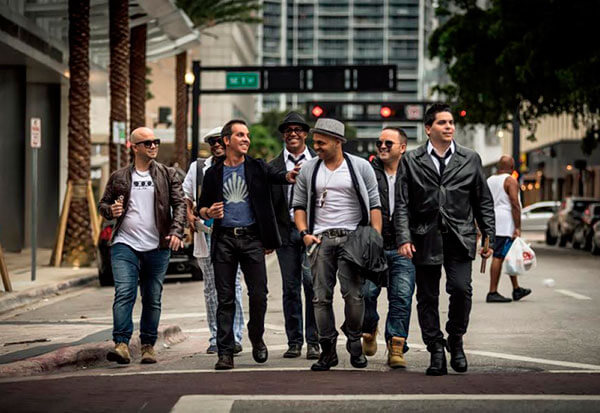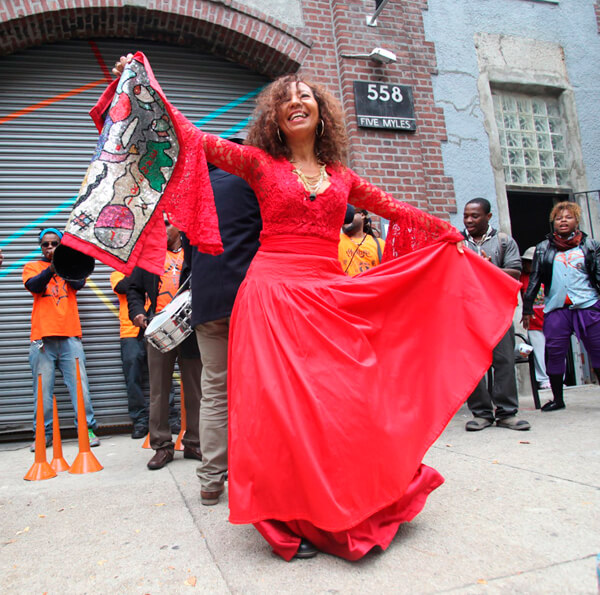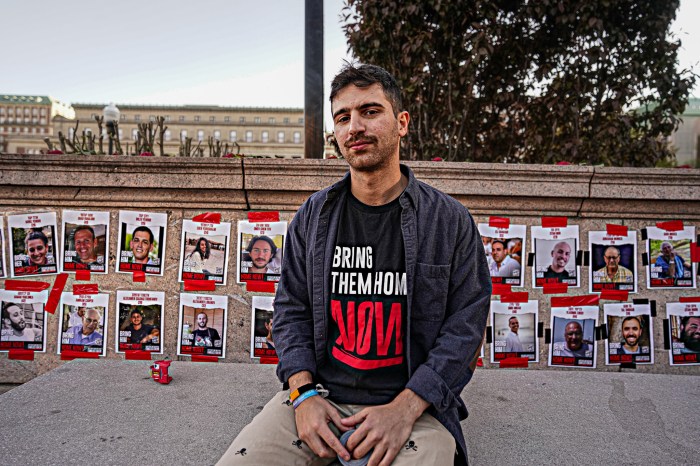Hip-hop is Haiti. There is room for b-boys, cyphers, hot 16s, and breakdancing.
Traditionally associated with Kompa and Zouk, the curiosity of two lovers of hip-hop led them into a pocket of the island most are unaware of.
Eric Narciandi, known as DJ Efn, and his business partner Michael Garcia, known as Garcia, are two Miami born Cuban Americans with a love for hip-hop culture and all of its nuances. A curiosity to see their parent’s native land led them back home to Cuba with a camera ready to document the process in 2012.
“I wanted to visit Cuba before anything changed drastically. I wanted to see it in its bubble – closer to what my parents might have left and I wanted to film the whole experience while we were there. I also wanted to meet the people who were doing the music that we were doing,” DJ Efn said.
DJ Efn started his company, Crazy Hood Productions, in 1993, right after graduating high school. Since its inception, the DJ has built a name for himself to be acclaimed as Miami’s “Mixtape King.”
As a hip-hop entrepreneur, his documented travels to these foreign lands with hip-hop as the focus made sense.
“What I’m interested to see and find is the heart of hip-hop, how are they part of those things culturally and I also want to find the elements so breakdancing, DJing all of that stuff. I want to see what are those countries gravitating to as far as those elements of hip-hop,” he said.
Releasing his first amateur film, “Coming Home: Cuba” in 2012, DJ Efn and his partner were surprised by the positive feedback he received from friends, family, and, ultimatelym the newly started Cable company Revolt formed by Sean “Puff Daddy” Combs.
He realized that his travels could not stop there and went on to visit Peru and most recently Haiti.
“It gave me the idea to put two things together that I love: travel and hip-hop culture. Do something more along the lines of what Anthony Bourdain is doing with food but instead do it with hip-hop,” he explained.
Despite the language barrier, DJ Efn and his team are able to tap into the hip-hop scene and uncover elements he couldn’t have expected. While he expects to find rappers and MCs everywhere, DJ Efn did not anticipate finding break-dancers and b-boys in Haiti.
“We did not expect to see these break dancers break dancing on the concrete, no kneepads and they were so passionate about the art form of breakdancing and b-boying that blew us away,” he said.
Similarly, in Peru DJ Efn was surprised to find a large freestyling and battle rap culture there, as there is a lack of music infrastructure available.
Admittedly amateur filmmakers at best, DJ Efn is able to capture his travels organically. In places including Cuba and Haiti, the people are accustomed to seeing Americans with cameras with the motive to exploit rather than highlight something positive.
“What we try to do as soon as we hit the ground the first couple of groups we meet we’re like ‘Look I’m a DJ, not necessarily a filmmaker, and my partner, he’s a rapper. Right now if you guys want to have a freestyle battle he’ll do it,’ ” he said. “We connect with them on the culture. As soon as they see that we have just as much passion and love for hip hop culture then those barriers fall apart and that first interaction starts to give away.”
DJ Efn’s “Coming Home” series does not end with Haiti. In October, he and his team are already booked to tackle Vietnam and are still planning a trip to hit Jamaica possibly in December.
“We really enjoy doing these films,” he said.
Watch DJ Efn’s latest “Coming Home: Haiti” on Revol


























